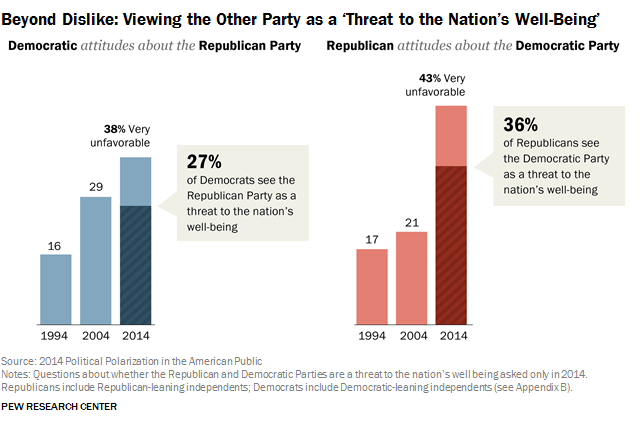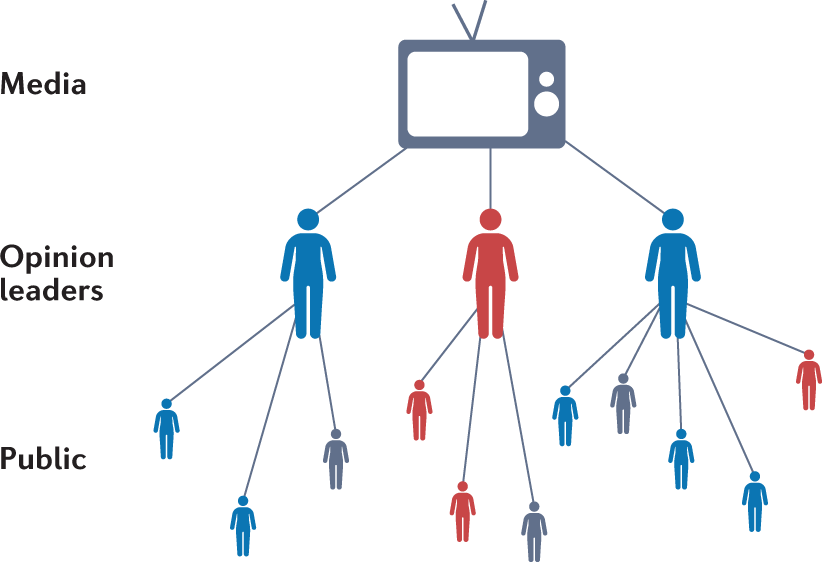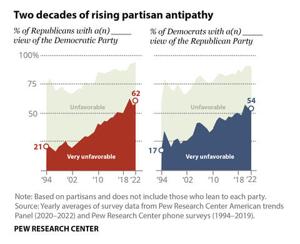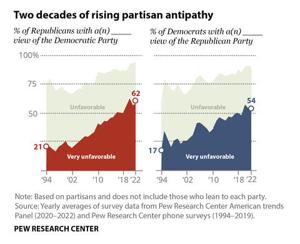Political polarization isn’t just a modern media buzzword — it’s a lived reality across the globe. As trust fractures and ideologies harden, one powerful yet often overlooked root of this divide is what we call historical disconnection.
At Remin.site, where we believe memory is legacy and forgetting is a loss of self, we explore how forgetting the past shapes our political present. This article delves into the vital connection between historical amnesia and the deepening chasm of polarization — and why rediscovering our shared roots could be the path forward.
Introduction: The Fracturing of Modern Societies
We live in an era of rapid transformation, but not all progress is linear. Across democracies, from the United States to the European Union, citizens are more ideologically split than they’ve been in decades. What’s more concerning is that these differences are not only about what we believe — but about how we remember.
When history becomes fragmented, so does our sense of collective identity. And when that identity breaks, the politics of “us vs. them” take root.
Surveys show that mutual trust across political lines has hit historic lows. According to Pew Research, the American public is more divided along partisan lines than at any point in the last 25 years.

What is Historical Disconnection?
Defining the Term and Its Roots
Historical disconnection refers to the growing distance between modern societies and their understanding or appreciation of their own past. It’s not just forgetting facts — it’s about losing the deeper threads that tie present-day issues to their historical origins.
This disconnection can manifest in multiple ways:
- A lack of knowledge about major historical events
- Distorted or politicized interpretations of history
- Educational gaps in civic and historical education
- Generational amnesia, where younger people inherit fewer shared narratives
According to research published by Springer Nature, our collective memory plays a direct role in political and social decision-making. When that memory fades, the consequences ripple across communities and generations.

Examples of Collective Amnesia
Take, for example, the United States’ struggle with its history of slavery and civil rights. While many celebrate the country’s democratic ideals, others rightfully point to how unresolved and often unacknowledged legacies of racism continue to shape policy and culture.
Similar tensions exist elsewhere — from colonial reckoning in France and the UK to nationalism rising in post-Soviet nations. In all cases, failure to engage truthfully with history opens the door for distorted political narratives.
The Rise of Political Polarization
Affective vs. Ideological Polarization
Not all polarization is created equal. Scholars distinguish between two forms:
- Ideological Polarization: Disagreements over policies or values (e.g., tax rates, healthcare systems).
- Affective Polarization: Emotional, identity-based disdain for the opposing side, regardless of specific issues.
The second type is far more dangerous. It erodes empathy and fosters distrust, making dialogue almost impossible. Affective polarization has been on a dramatic rise, especially in the U.S., as this chart from the American National Election Studies reveals:

How Political Tribalism Has Deepened
One major driver of this emotional divide is political tribalism — where party identity becomes fused with moral identity. When citizens feel that “the other side” threatens their very values or existence, politics ceases to be a debate and becomes a zero-sum game.
Historical narratives, or lack thereof, fuel this. If voters grow up unaware of historical compromises, civil debates, or institutional resilience, they are more likely to fall prey to us-versus-them thinking.
The Hidden Link: Why History Matters in Political Identity
Loss of Historical Context in Public Discourse
Political slogans like “Make America Great Again” or “Take Back Control” resonate deeply — but what do they actually mean when untethered from historical context?
Without a grounded understanding of history, such messages are easily romanticized, manipulated, or misunderstood. They become emotional triggers rather than policy platforms. And that’s dangerous.
How History Shapes National Narratives
History isn’t just about the past — it’s about who we think we are as nations and communities. Shared historical narratives give people a common identity, a sense of purpose, and a framework for future progress.
When those narratives are lost or distorted:
- Citizens feel less connected to national values.
- Political opponents are viewed as “un-American” or “traitorous.”
- Facts lose meaning when not anchored in historical reality.
Case Studies: Germany vs. the U.S.
Germany provides an instructive example of the opposite. After World War II, it embarked on a national project of Vergangenheitsbewältigung — “coming to terms with the past.” This included robust education about the Holocaust, memorials, and public reckoning.
Compare that to the U.S., where school curricula about slavery, indigenous genocide, and civil rights vary dramatically from state to state. The result? A fractured public memory and deeper political mistrust.

Want to ensure your memories — personal or collective — are never lost? At Remin.site, we offer a place to store and share them with future generations. Because remembering is resistance.
Factors Fueling the Disconnection
Decline of Civic Education
One of the clearest contributors to historical disconnection is the decline of civic and history education. In many countries, particularly the United States, school systems have deprioritized comprehensive historical learning in favor of standardized testing and technical skills. The result? Generations growing up with fragmented or superficial understandings of how their governments function — and where they come from.
According to a Brookings Institution report, only 24% of American 8th graders scored at or above proficient in civics. That’s a crisis not just in education, but in democracy.
Rise of Social Media Echo Chambers
Platforms like Facebook, TikTok, and X (formerly Twitter) have become the main source of information for many, but they often amplify bias rather than context. Algorithms prioritize outrage and engagement — not accuracy. When historical facts compete with emotionally charged misinformation, history loses.
And when people are exposed only to ideologically similar views, they become more convinced of their side’s righteousness — and more suspicious of the other.
“History becomes irrelevant when emotions dominate facts. And without history, polarization deepens.”
Generational Memory Gaps
Each generation carries its own version of memory. But in our hyper-digital world, the transfer of memory from elders to youth is becoming rarer. Stories of hardship, struggle, compromise — the human glue of shared understanding — are lost in the noise.
As a result:
- Younger generations often view historical events as distant, abstract, or unrelatable.
- Elders may feel alienated, unheard, or dismissed.
- The national narrative becomes fractured, contested, and vulnerable to manipulation.
This is why projects like Remin.site matter. By preserving your memories, stories, and wisdom, you become a bridge across time — a living thread in the tapestry of history.
Consequences: From Division to Radicalization
Loss of Shared Reality
When there’s no common historical framework, people begin living in parallel realities. One side sees protest; the other sees insurrection. One side sees patriots; the other sees extremists. Without shared reference points, it’s nearly impossible to build trust or consensus.
This loss of shared reality leads to:
- Increased mistrust in institutions
- Refusal to accept electoral outcomes
- Breakdown in democratic norms
Extremism and Democratic Erosion
Perhaps the most alarming consequence of historical amnesia is the rise in extremism. When citizens forget the price of civil wars, genocides, authoritarian regimes, and revolutions, they are more likely to support reckless policies or charismatic demagogues who promise easy answers.
Events like the January 6 Capitol Attack in the U.S. are stark reminders of how quickly a democracy can teeter when memory fades.
Bridging the Gap: Solutions and Initiatives
Reforming History and Civic Curricula
Schools must not only teach dates and events, but also context, nuance, and empathy. Curricula should include multiple perspectives, especially those of historically marginalized communities. This not only builds critical thinking — it fosters a sense of shared humanity.
Organizations like Facing History and Ourselves are leading the way, offering tools to educators that connect history to ethical decision-making and current events.
Encouraging Intergenerational Dialogue
Rebuilding collective memory is not only the work of institutions. It starts at home, around dinner tables, in living rooms, or through digital memory banks like Remin.site. When young people hear directly from those who lived through war, economic crisis, or civil rights struggles, they absorb more than information — they inherit resilience.
Practical ways to engage:
- Host community storytelling nights
- Record oral histories with family elders
- Encourage youth to interview veterans, activists, or educators
The Role of Media and Public Figures
Media outlets and public figures wield immense power in shaping our understanding of the past. Responsible journalism, fact-based storytelling, and public acknowledgment of history’s complexities can all help bridge divides.
Inspiring efforts include truth commissions, local reconciliation projects, and bipartisan support for historical memorials.
Conclusion: Reconnecting with the Past to Heal the Present
Historical disconnection and political polarization are not separate issues — they are deeply entwined. A society that forgets its past becomes untethered, vulnerable, and divided. But remembering isn’t just about knowledge. It’s about connection.
At Remin.site, we believe that preserving your memories, stories, and values is a revolutionary act — one that binds generations, empowers communities, and guards against the silence of forgetting. Because death is not the end; it is the beginning of something passed forward.
Let’s not just look back. Let’s reach back — and pull the future closer.
FAQs
What is historical disconnection?
It refers to a collective loss of knowledge, context, or emotional connection to a society’s history. This disconnect weakens shared identity and increases division.
How does historical disconnection lead to polarization?
Without a shared historical framework, people interpret current events in wildly different ways, deepening mistrust, identity conflicts, and political hostility.
Can better education fix the problem?
Improved civic and historical education — especially when inclusive and critical — can help people understand opposing views, recognize patterns, and support democratic norms.
How can individuals preserve history?
Through storytelling, oral histories, digital archives, and intergenerational dialogue. Platforms like Remin.site offer secure ways to ensure your memories and legacy are never lost.
Is there hope for reversing political polarization?
Yes — but only if we address the root causes, including historical disconnection. By investing in truth, memory, and empathy, we can rebuild bridges in even the most divided societies.
